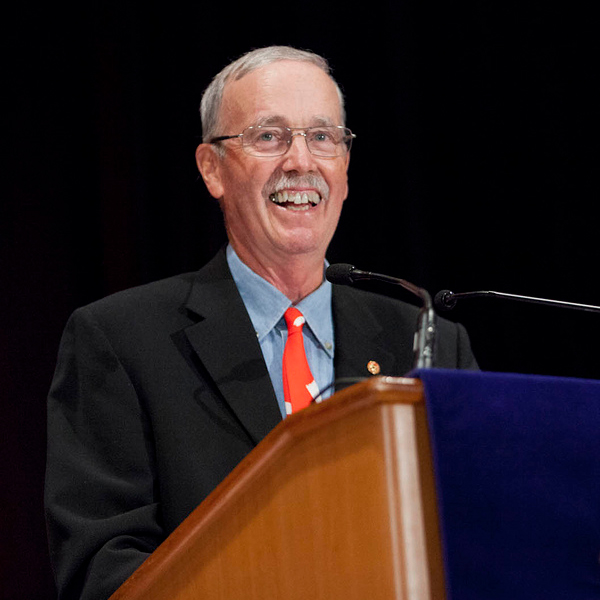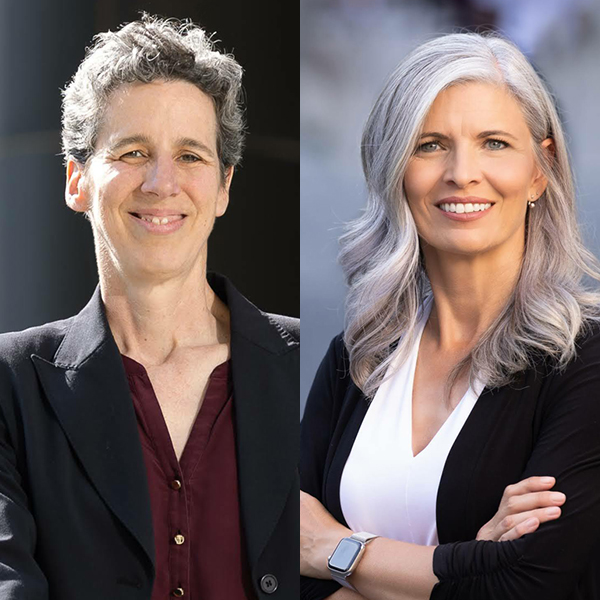One of the most important roles played by universities, according to President Deep Saini, is to serve “as the town square of society,” places where conversations about important subjects – even contentious ones – can take place in a civil and thoughtful manner.
The challenges involved in fulfilling that role, however, are becoming more difficult to contend with. Heightened geopolitical tensions, the growing spread of disinformation, and rising levels of political polarization are all factors.
In a recent conversation with the McGill News, Saini talked about what universities should – and shouldn’t – be doing in response to global events and why it is vital that McGill safeguards free expression while simultaneously ensuring that its campuses are safe from harassment or intimidation.
Recent global events have ignited fierce debate about the role of universities in our society. Can you elaborate on some of the pressures that universities are currently facing, and, in your view, what role McGill should play during these turbulent times?
The role of a university is to educate, ideate, and to serve as a forum for constructive dialogue. I have often described a university as the town square of society, where the most pressing issues of the day can be debated. There are few remaining forums in which this happens on a regular basis, so it is crucial that we continue to meet this responsibility.
However, in recent times, this role has become exceptionally complicated to execute, for various reasons.
First, we are seeing the widespread tendency in society for people to retreat into echo chambers, in which they exclusively consume information that coincides with or reinforces their preexisting views.
Secondly, there are real pressures on universities to take an institutional stance on geopolitical matters – something that is beyond the purview of a university’s mission.
At McGill, we strive to provide an environment where difficult issues, such as geopolitical conflict, can be discussed openly. Through rigorous discussion and debate, we may even arrive at proposed solutions. But we cannot become the solution in an interventionist sense, which is where universities are under a huge amount of pressure.
If McGill were to succumb to those pressures, we would undermine our academic mission of teaching, learning, and research, as well as our duty to create a safe environment for open debate and new ideas to flourish.
You have stated that universities must uphold the rights to freedom of expression and assembly, while also ensuring a respectful environment in which members of the community feel included and capable of thriving. Can you elaborate on how this balance can be achieved? What are the lines that shouldn’t be crossed when it comes to ensuring such an environment?
Striking the appropriate balance is a delicate undertaking. It requires holding two truths at once: the truth that McGill’s mission depends upon free speech and open debate, and the truth that our mission equally depends upon an environment free of harassment and discrimination.
President Deep Saini
“Intimidation, discrimination, harassment, or any behavior that prevents teaching, learning, or research is antithetical to who we are. I draw a very hard red line on that.”
Successfully holding those two truths simultaneously requires not only adopting a stance of empathy and understanding toward one another, but also the effective implementation of our policies and rules, just as it does in the society around us.
In exercising our fundamental rights, we must recognize that we share in the responsibility of being mindful of and sensitive to others’ lived experiences. Intimidation, discrimination, harassment, or any behavior that prevents teaching, learning, or research is antithetical to who we are. I draw a very hard red line on that. And, of course, that red line also applies to violence or the glorification of violence.
I can confidently say that the overwhelming majority of McGillians agree that this is not the kind of university environment that we want. And the overwhelming majority are engaging with respect and compassion with one another on a daily basis.
You and other senior members of the administration have been consulting with Jewish and Muslim groups within the McGill community as well as faith and community leaders of diverse backgrounds. What are some of the things that you’re hearing during that process?
The impact of the war in the Middle East on McGill’s campus community has been an especially complex reality to navigate because it has affected people differently, depending on their background and lived experiences. One thing is abundantly clear, though, and that is people are hurting deeply.
I have heard many express anguish about the calamity abroad and related fears about the rise in hate at home. They have also articulated the need for a university setting that sees their humanity, engages with empathy, acts with principle, and provides a climate where they can thrive academically and be proud of who they are.
These expectations are completely reasonable and meeting them is what we are striving to do as we chart the way forward. It is not easy but critically important to sustaining a healthy campus environment.
With this in mind, we are developing a series of initiatives to explore in more depth the theme of civil dialogue. The President’s Advisory Council for Engagement (PACE), which we launched in October, is one example.
Students selected to be a part of PACE will work together to create and present recommendations to the University for fostering respectful dialogue across differences, while also enhancing their own communication, conflict-resolution, and problem-solving skills. I look forward to hearing the students’ perspective and ideas on this critical issue.
Has the current geopolitical context and its impact on universities influenced your approach as McGill’s president?
As President of McGill, I have the responsibility and the privilege to work with and listen to all members of the University. We are a vast community, over 50,000 strong, with wonderfully and dramatically diverse identities, nationalities, beliefs, and political views. This duty has taken on greater weight and meaning in the current context.
On the crisis in the Middle East, I hear members of our community express diverse perspectives on a war that has devastated Israelis and Palestinians, and that continues to have profound and intensely personal impacts. One of the top things in a president’s role is to have compassion and a duty of care. That care might not always be visible to people who are hurting.
I would also say that McGill’s mission has served as a critical guidepost for me throughout – that is advancing learning, creating and disseminating knowledge, offering the best possible education, carrying out research and scholarly activities, and providing service to society.
Staying true to this mission is more important than ever, particularly in the face of forces that seek to compel universities into taking one-sided action. As I mentioned, succumbing to such pressures would not only have universities stray far beyond their academic mission, but would also undermine it.
Given the recent challenges that the University has faced, is there a scenario that you can envision where McGill emerges as a stronger institution?
That is the only scenario I envision. McGill has gone through difficult periods before in our long history. With every challenge faced, we have found ways to rise to the occasion, to learn from the experience, and recommit our efforts to advancing McGill’s mission, often in new and innovative ways.
As difficult as the current circumstances are, we have also been given an opportunity to reassess and improve upon some of the things we do. This includes, for example, expanding the support resources available to our community for dealing with trauma.
We are also actively reimagining how the University can foster open, respectful debate on even the most loaded, complex topics. As I mentioned before, we are creating new initiatives and forums for students, faculty, and staff that will strengthen dialogue and empathy across ideological differences.
When we better support our people, when we create an environment that promotes the open exchange of views and ideas, we are building a solid foundation for McGill’s future and for the realization of our institutional ambitions.
Let’s be clear about one thing: McGill has not been put on hold. This fall, we celebrated The Neuro’s 90th anniversary as Canada’s largest specialized neuroscience research and clinical center. We also announced the creation of a new centre for early childhood development in the Faculty of Education, which will have a transformative impact on the lives of children and their families for years to come.
We are continuing to leverage our unique identity as a locally anchored, globally preeminent university, which includes making exciting progress on the New Vic Project, a state-of-the-art hub dedicated to sustainability and public policy on both a local and global scale.
Fantastic things are happening here every day.

